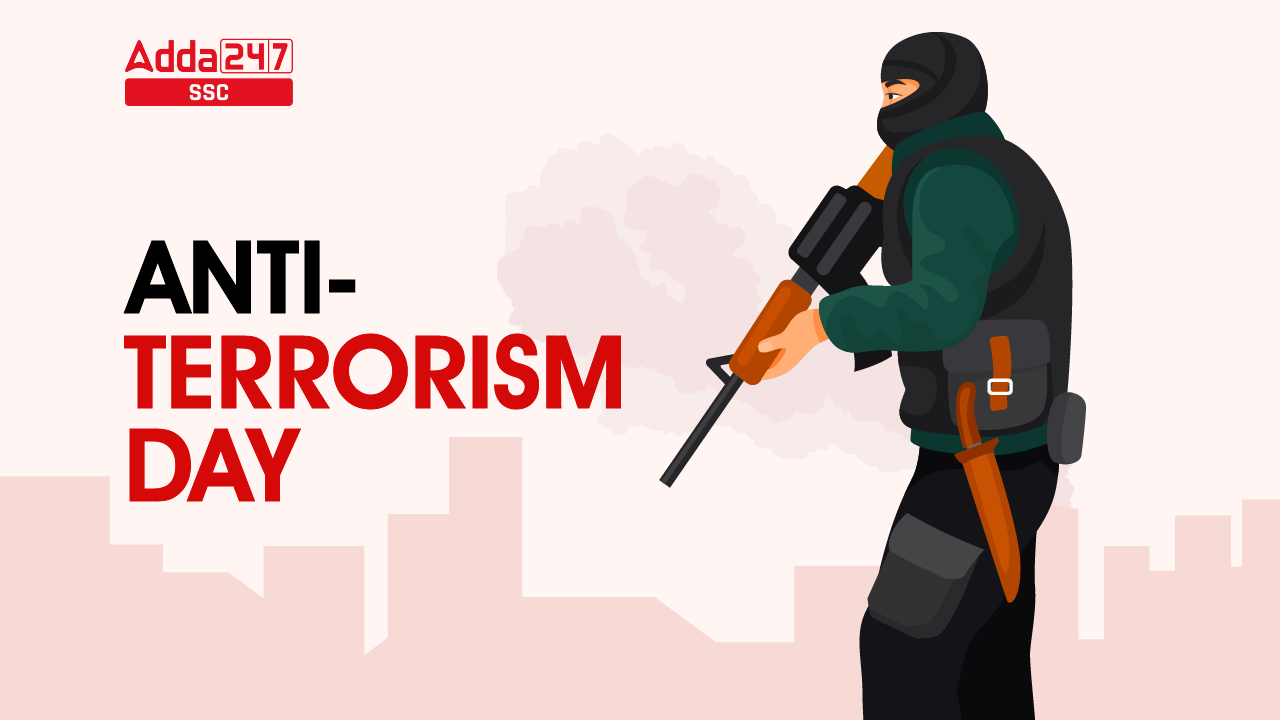Anti-Terrorism Day is observed every year on 21 May in India to spread the message of peace, unity, and awareness among people. It is observed in memory of former Prime Minister Rajiv Gandhi, who was killed in a terrorist attack in 1991. This day reminds us how dangerous terrorism is and why it is important for everyone to stand together and fight against it. The aim is to make people aware of the harm caused by terrorism and encourage unity in the country. Read this article to know more about the importance and meaning of Anti-Terrorism Day in India.
Anti-Terrorism Day
Here are some key points highlighting the significance of Anti-Terrorism Day:
1. Awareness: Anti-Terrorism Day serves as a platform to educate people about the nature of terrorism, its destructive consequences, and the need for collective efforts to counter it.
2. Unity and Solidarity: The day promotes a sense of unity and solidarity among people, emphasizing that the fight against terrorism requires collective action. It encourages citizens to stand together and support one another, transcending differences such as religion, caste, or ethnicity, in the face of the common threat posed by terrorism.
3. Remembering Victims: Anti-Terrorism Day is observed on the death anniversary of former Indian Prime Minister Rajiv Gandhi, who was a victim of terrorism. It serves as a reminder of the innocent lives lost to acts of terrorism and honors the memory of those who have suffered due to such acts.
4. Promoting Peace and Harmony: Anti-Terrorism Day emphasizes the values of peace, non-violence, tolerance, and harmony. It aims to foster a culture of understanding, mutual respect, and acceptance among individuals and communities, thereby countering the divisive ideologies that often fuel acts of terrorism.
5. Global Collaboration: While Anti-Terrorism Day is primarily observed in India, its significance extends beyond national boundaries. The day symbolizes the global effort to counter terrorism and emphasizes the need for international collaboration, information sharing, and joint action to tackle this transnational threat.
What happens on this day?
Here are some ways in which Anti-Terrorism Day is celebrated in India:
1. Pledge Taking: Various government offices, educational institutions, and public organizations organize events where individuals take a pledge to stand against terrorism and promote peace and harmony in society.
2. Public Meetings: Public meetings and gatherings are organized where prominent personalities, including political leaders, activists, and social workers, address the audience and speak about the significance of fighting terrorism and preserving national unity.
3. Essay and Poster Competitions: Schools and colleges often conduct essay and poster competitions on the theme of anti-terrorism. These activities encourage students to express their thoughts creatively and help raise awareness among the younger generation.
4. Media Campaigns: Newspapers, television channels, and radio stations play a crucial role in spreading awareness about Anti-Terrorism Day. They often run special features, articles, and interviews related to terrorism and its impact on society.



 How can I get selected for Delhi Police ...
How can I get selected for Delhi Police ...
 SSC CHSL Vs. SSC CGL – What Changes in S...
SSC CHSL Vs. SSC CGL – What Changes in S...
 Importance of Solving Previous Year Pape...
Importance of Solving Previous Year Pape...










